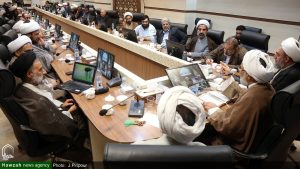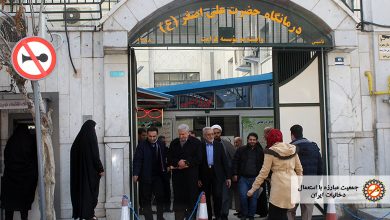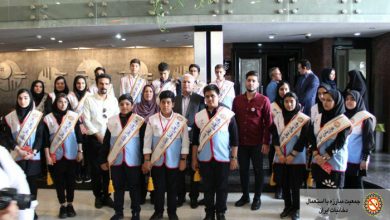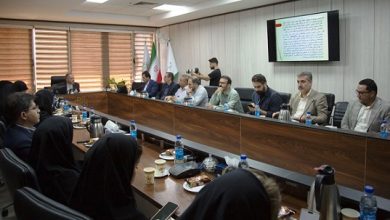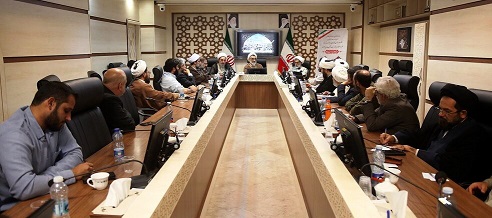
At a meeting of the Secretaries of Strategic Committees of Islamic Seminaries held on Thursday, October 30, 2025, with the presence of Hojatoleslam Abdolhossein Khosropanah, Secretary of the Supreme Council of the Cultural Revolution, at the Ayatollah Haeri Hall of the Center for the Management of Islamic Seminaries in Qom, the participants underscored the necessity of collaboration between seminaries and social institutions, as well as the adoption of effective cultural models for preventing social harms—particularly in the field of tobacco control.
According to the Public Relations Office of “Jam’iat” (Iranian Anti-Tobacco Association), Hojatoleslam Khosropanah commended Dr. Mohammad Reza Masjedi, Secretary-General of the Association, for his continuous efforts, describing the Association’s performance as a successful national model in health promotion. He stated:
“There exist numerous effective approaches to preventing social harm, and one of the most valuable examples is the tobacco control model. These successful experiences should be extended to other areas to achieve broader societal impact.”
He further highlighted the pivotal role of Islamic seminaries in promoting social health discourse, urging the Strategic Committees of Islamic Seminaries to strengthen constructive cooperation with specialized organizations such as the Iranian Anti-Tobacco Association, to effectively achieve shared cultural and social health objectives.
The session, attended by representatives from over 40 Strategic Committees of Islamic Seminaries across the country, also featured Dr. Nader Asgari, Technical Advisor to the Association, representing the Secretariat of the Tobacco Control Steering Committee.
Dr. Asgari expressed his appreciation to Hojatoleslam Robatian, Director of the Association’s Seminary Affairs Unit, for coordinating the Association’s participation in the event. He elaborated on key concerns and expectations regarding the implementation of the Cultural and Social Annex Document on Tobacco Control, emphasizing the need for serious attention to its cultural and social dimensions.
